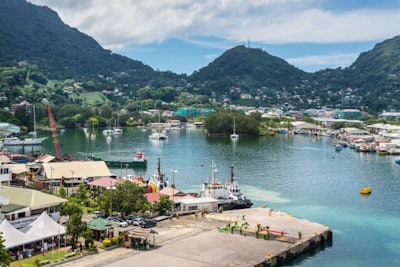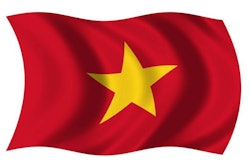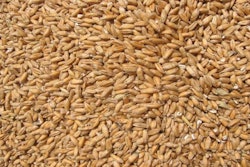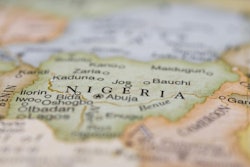
A new pilot project signals the return of aquaculture to Seychelles this year, aiming to guarantee food security for local people and the Indian Ocean island nation's many visitors.
By August, the site will include facilities for the management of breeding stock of key local marine fish species, reports Seychelles News Agency. The brown-marbled grouper, red emperor snapper, mangrove snapper and the snub-nosed pompano broodstock will be sourced from the local area in order to minimize the risk of disease, and allowed time to acclimatize to their new conditions before the breeding season.
Improving food security is the main aim for the cabinet’s approval of the aquaculture project as part of its mariculture master plan, and the pilot project has been set up to explore the feasibility of aquaculture in Seychelles.
Aubrey Lesperance, a senior official at the Seychelles Fishing Authority, said the number of visitors to the islands is growing, while the state’s fishery sector is under increasing pressure.
Tourism and fisheries are the most important contributors to the island nation’s economy. Sea and weather conditions at some times of year keep local fisherman on land, and recent international restrictions on tuna fishing are also affecting on the sector.
Aquaculture will help to ensure adequate supplies of fish on the market year-round, according to Lesperance, as well as offering opportunities for exports.
“We have vast areas of sea and this brings many opportunities for aquaculture, especially when done in a sustainable manner,” he said.
Located at Providence on the main island of Mahe, the facility will be extended in a second phase of development with the addition of sea cages and a research laboratory. The project is receiving funding from the European Union and technical support from Advance Africa of South Africa.

















